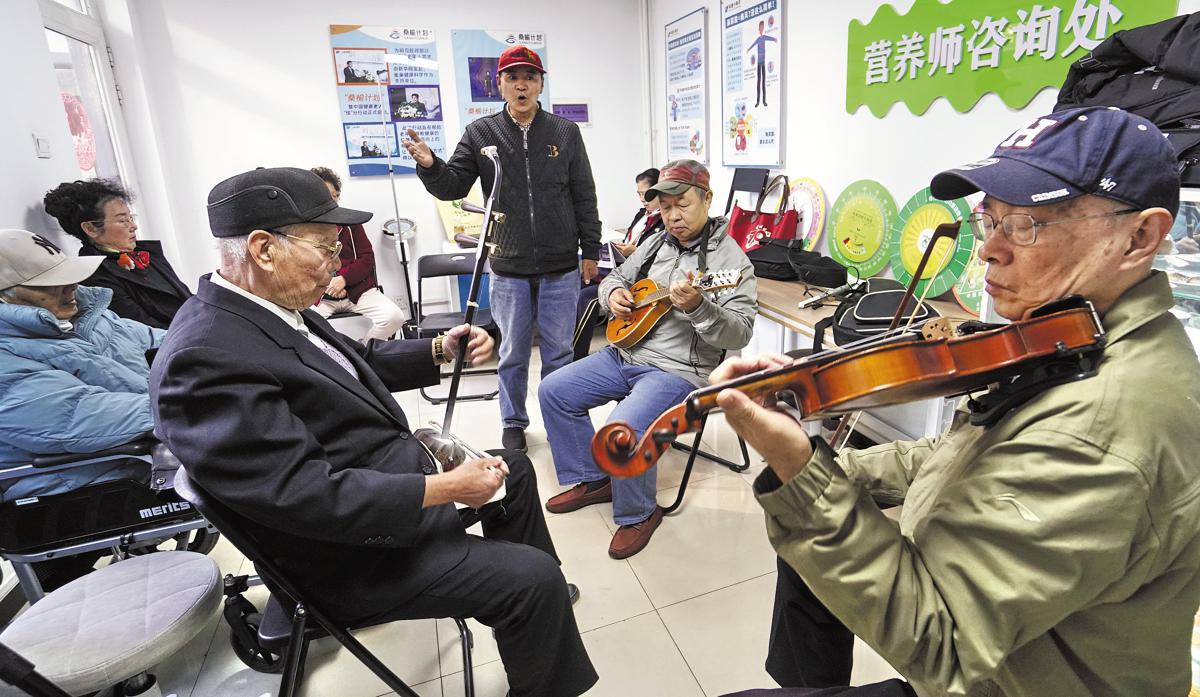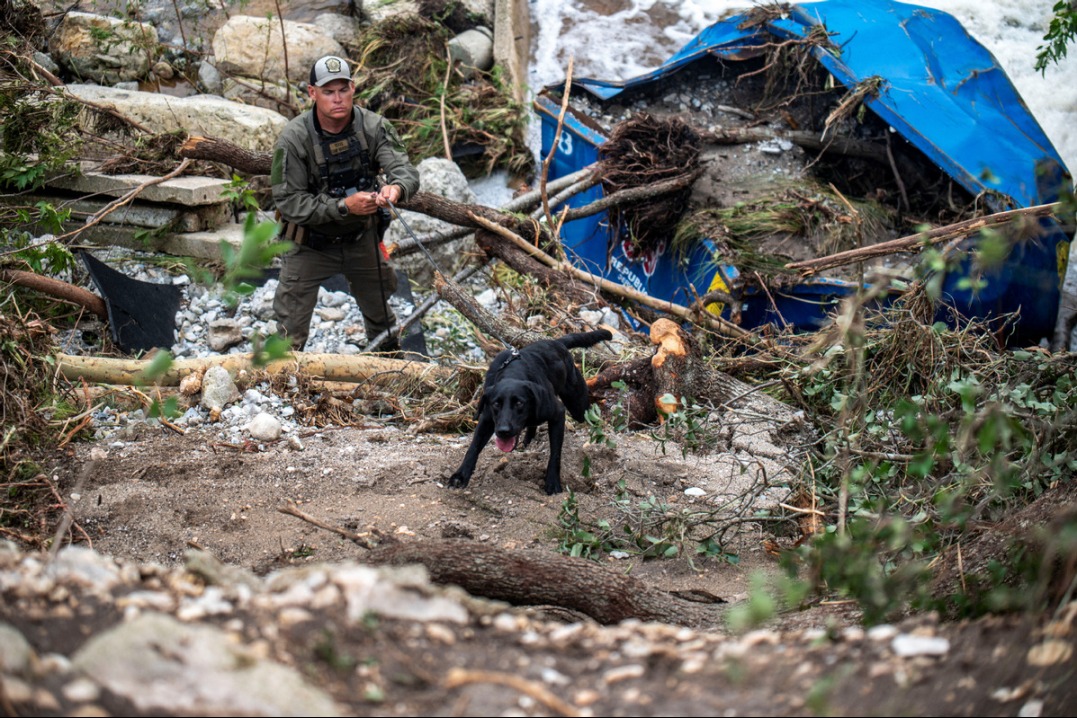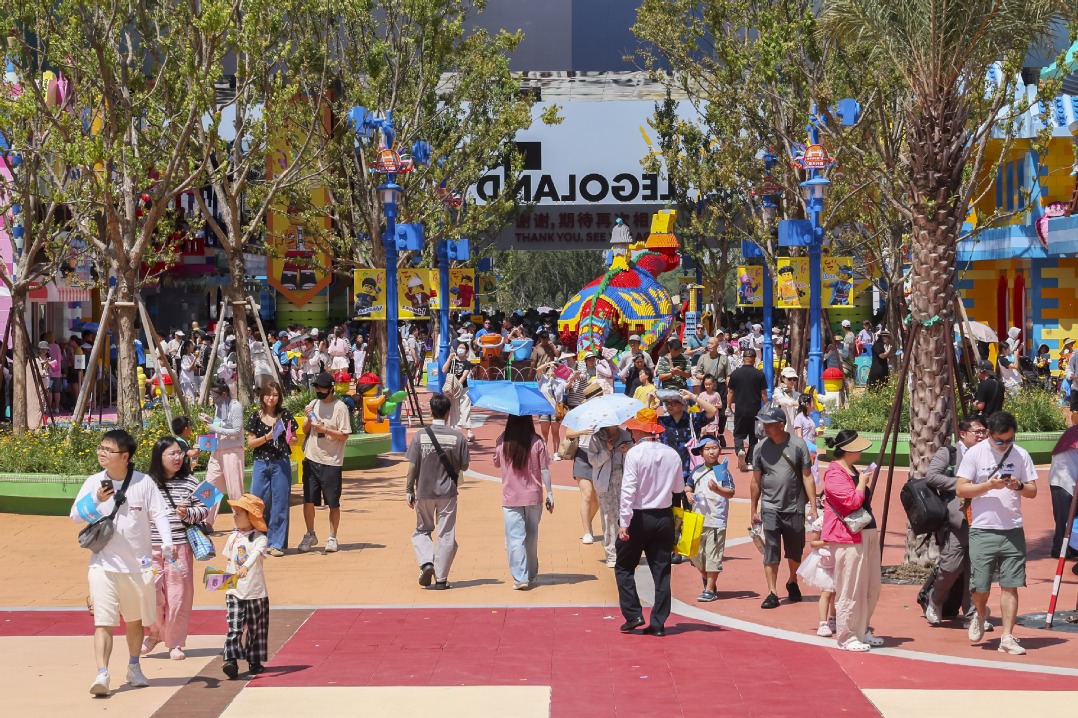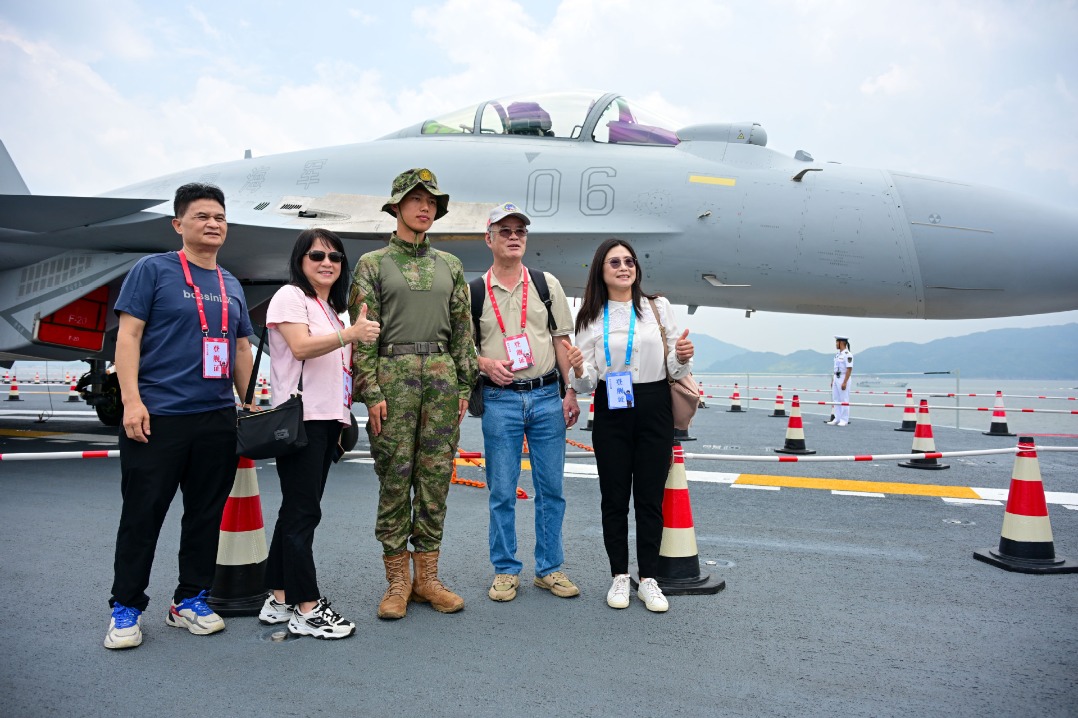'Memory clinics' turning back 'silver tsunami' of dementia
Beijing's innovative programs take lead in fighting cognitive decline


Architects of dignity
Beijing's dementia prevention framework closely aligns with the WHO's global action plan on the public health response to dementia, while incorporating its own adaptations.
Municipal guidelines, for instance, mandate the integration of traditional Chinese medicine diagnostics into cognitive assessments at community health stations.
Beijing has also pioneered cognitive rehabilitation hubs within residential committees, pairing AI-driven early screening tools with neighborhood volunteer networks to help seniors. This hybrid model also addresses China's rapidly aging population and familial caregiving traditions.
"Unlike the WHO's emphasis on pharmaceutical interventions, Beijing's dementia-friendly communities prioritize multigenerational cohabitation incentives and dementia literacy campaigns, reflecting Confucian values of familial responsibility," said Fa Cuiwen, a Tsinghua University medical sociologist.
"These innovations demonstrate how global health frameworks gain traction through culturally grounded implementation rather than direct policy transplantation," she said.
The "cognitive playground" is an innovation created by a community in Beijing's Sunhe town, Chaoyang district. By day, retirees navigate obstacle courses designed by neuroscientists — from stepping stones numbered in reverse, to memory exercises, and puzzle walls matching herbal medicine scents.
At dusk, the space is turned into an education hub, where pharmacy interns teach seniors to spot medication risks, and children earn "dementia ally" badges by learning communication techniques.
"My grandson now speaks slower and uses my old nickname," marvels 78-year-old patient Guo Wenjuan. "Before, he'd just sigh when I forgot things."























